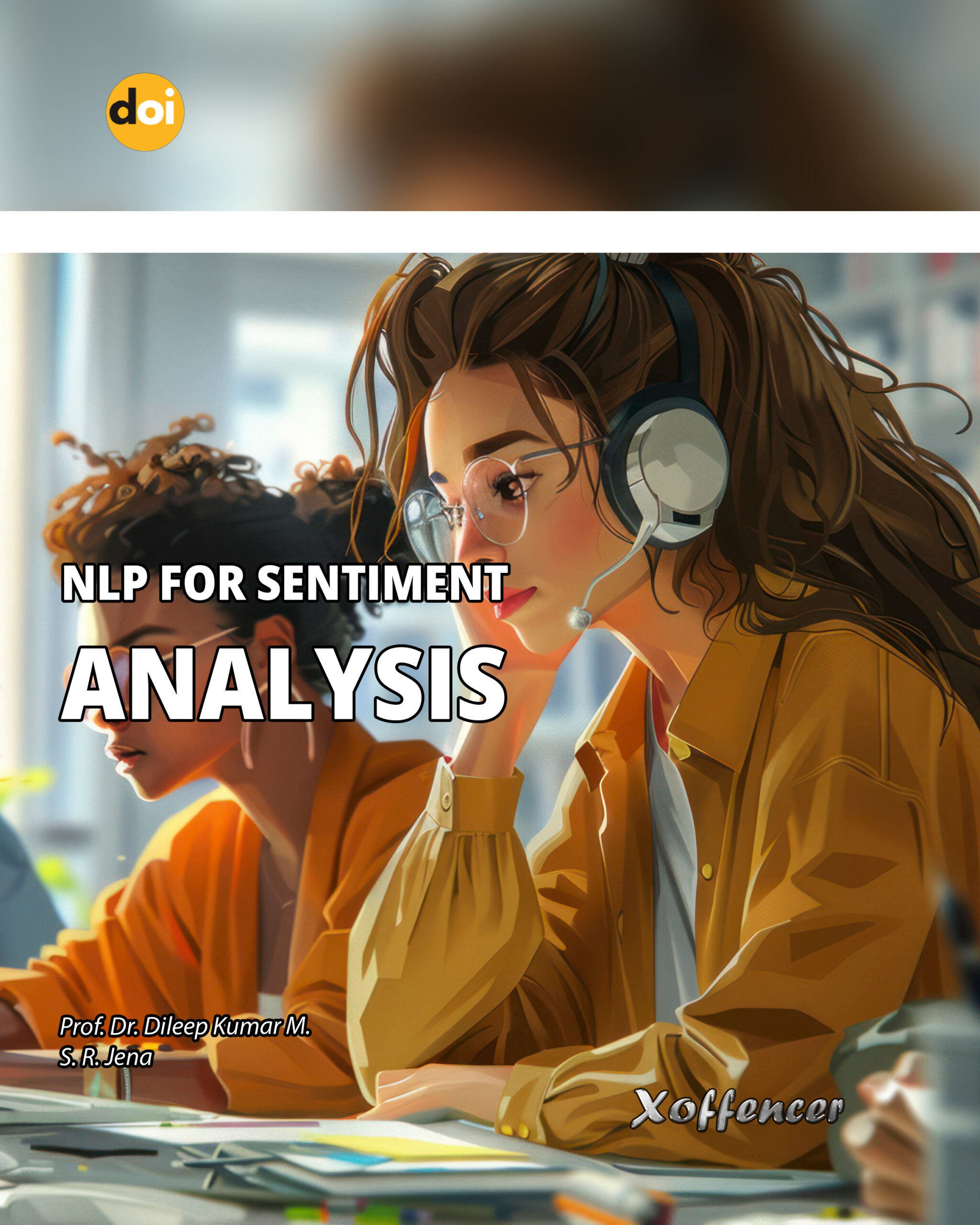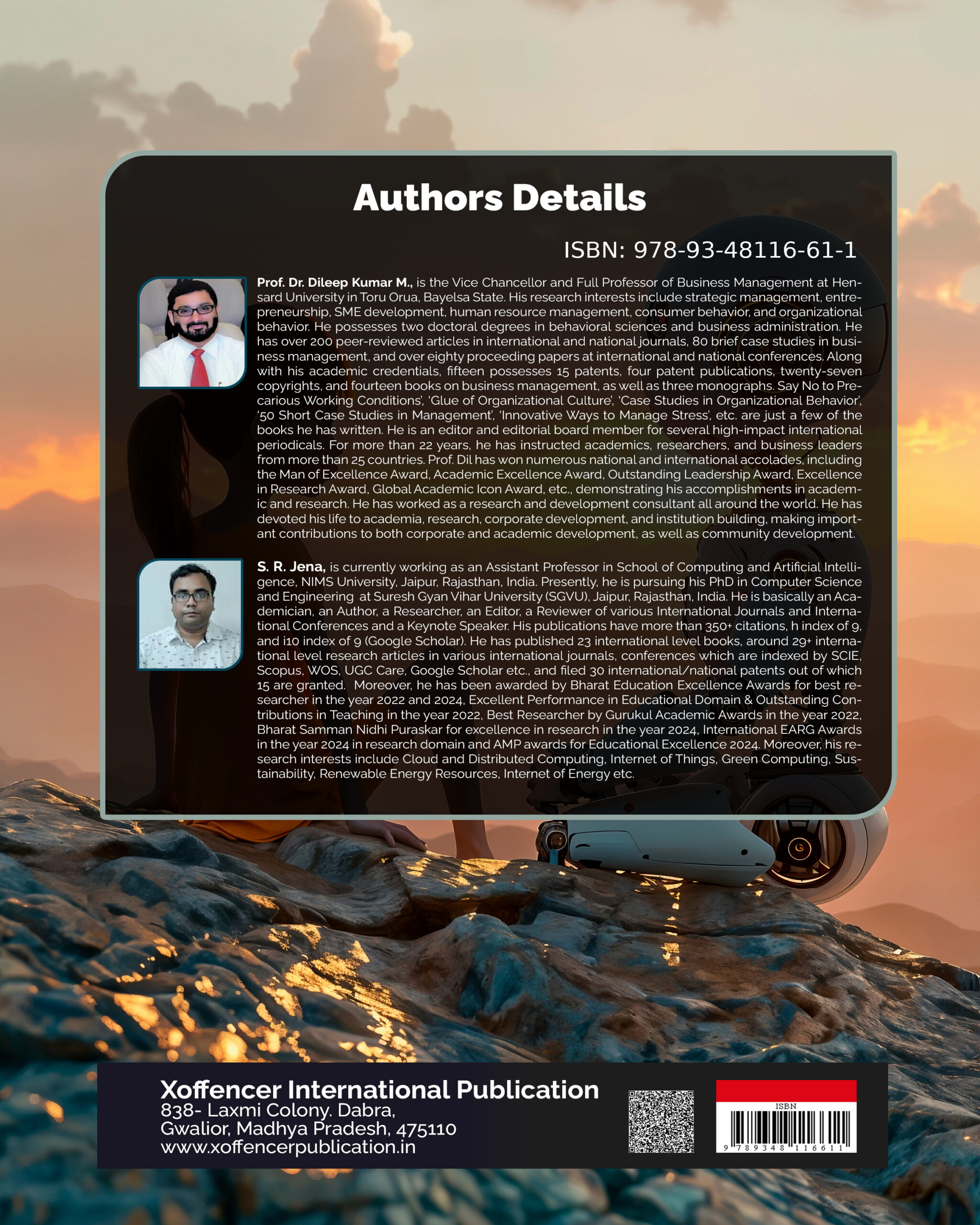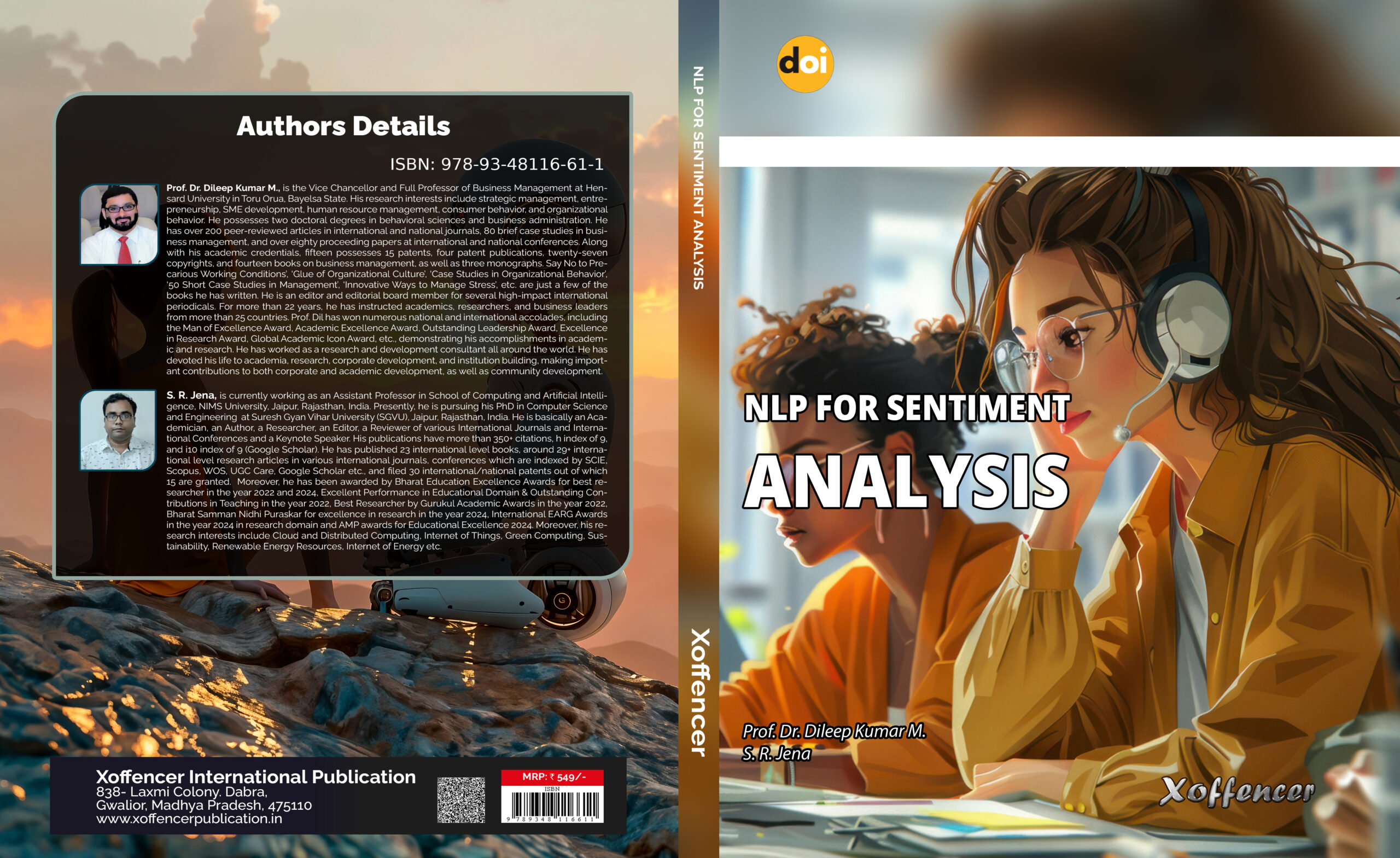Description
Natural Language Processing (NLP) has become a cornerstone in extracting and interpreting human emotions and opinions from text data, and one of its significant applications is sentiment analysis. Sentiment analysis aims to automatically identify subjective information within text, often categorizing sentiments as positive, negative, or neutral. This ability to quantify opinion and emotion has garnered interest from a broad range of industries—marketing, healthcare, finance, and customer service, to name a few—as organizations increasingly rely on insights derived from unstructured data like social media posts, reviews, and feedback forms. The rise in data-driven decision-making further underscores the importance of sentiment analysis, positioning it as a valuable tool in understanding public opinion, customer satisfaction, and user experience. With NLP, sentiment analysis transforms complex linguistic expressions into structured, analyzable data, enabling businesses and researchers to gauge public mood and predict behavior, thus facilitating more responsive and personalized services. Sentiment analysis is inherently challenging, however, as it requires deep comprehension of language structure, context, and the subtleties of human expression. Human language is diverse and laden with intricacies, including sarcasm, humor, regional dialects, and idiomatic expressions, which can complicate straightforward sentiment categorization. Modern sentiment analysis leverages a combination of machine learning, deep learning, and lexicon-based approaches to overcome these obstacles. Machine learning models like Support Vector Machines, Naive Bayes, and increasingly complex neural networks have been employed to classify sentiment, often with notable success. Deep learning, particularly through techniques such as Long Short-Term Memory (LSTM) networks and Transformer-based architectures like BERT and GPT, has further advanced sentiment analysis by enabling models to process long text sequences and capture contextual nuances. Lexicon-based approaches, on the other hand, involve predefined lists of words associated with sentiment, offering a more rule-based approach that can be useful in specific applications or as a complement to machine learning methods. In recent years, transfer learning has brought about substantial improvements in NLP for sentiment analysis, particularly through pre-trained models that allow for fine-tuning on sentiment-specific tasks with minimal labeled data.











Reviews
There are no reviews yet.